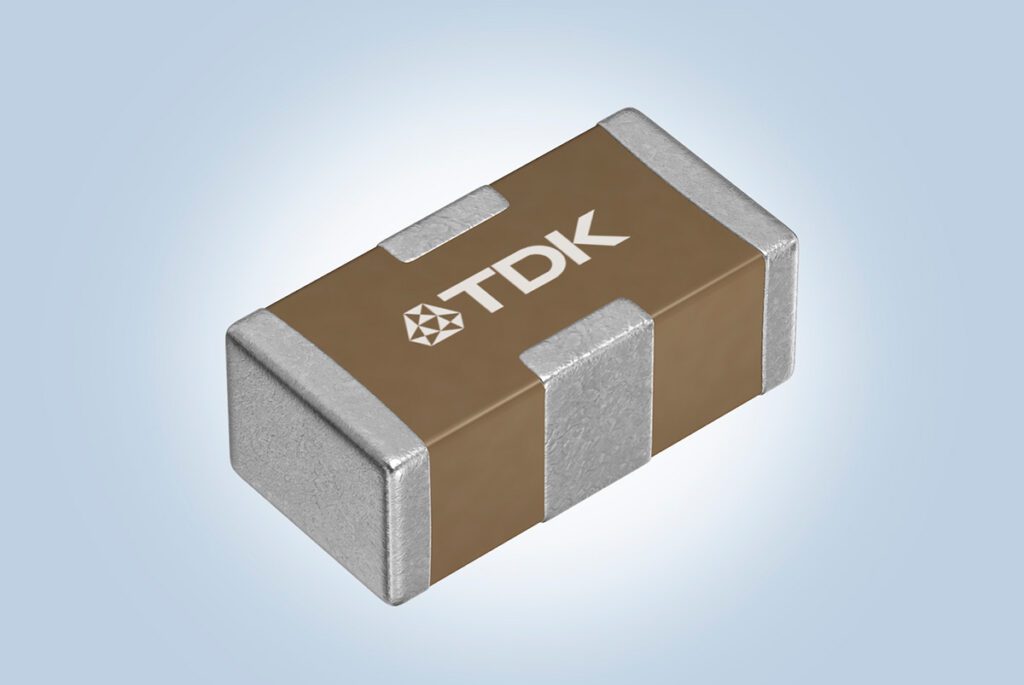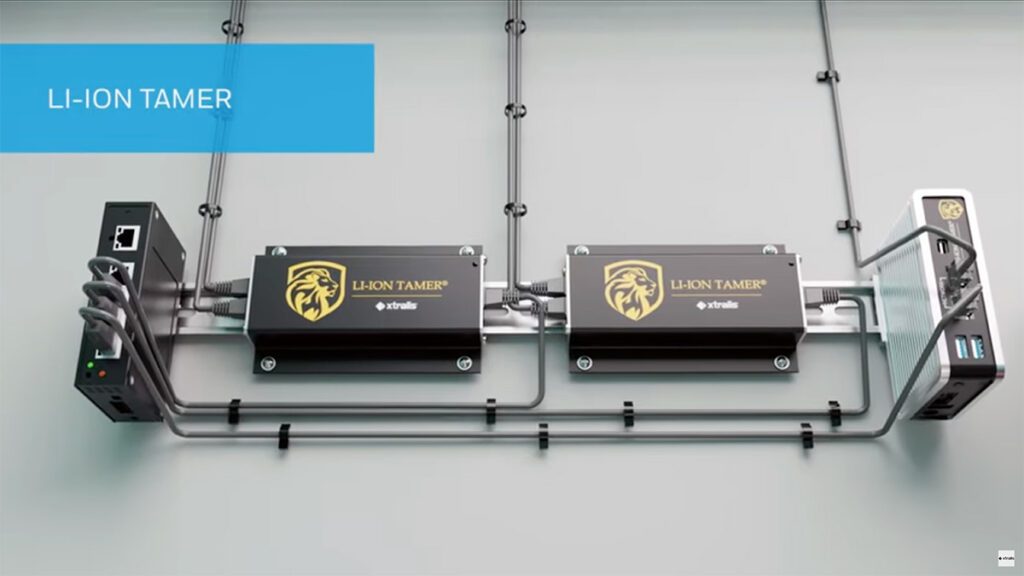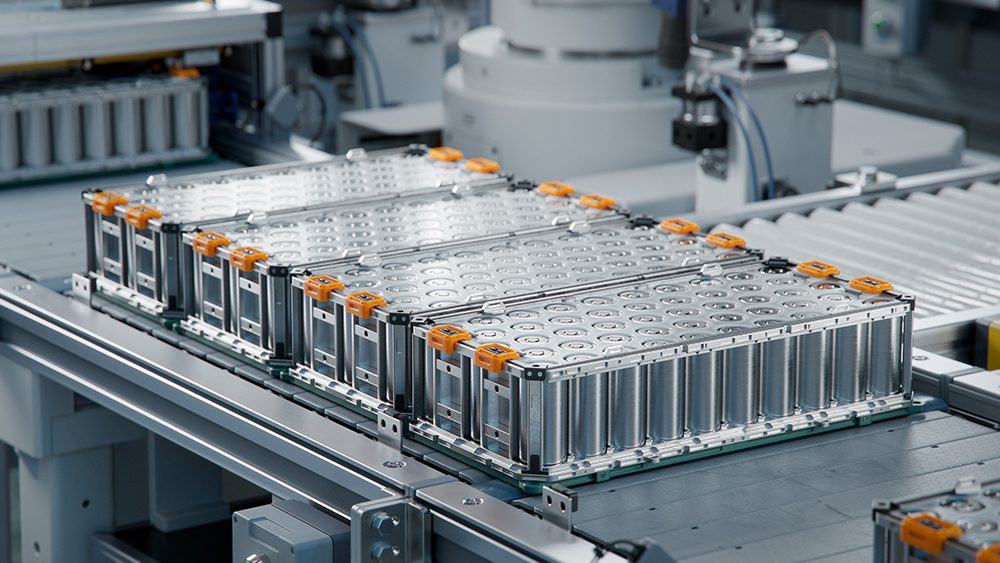Plug-in sales have failed…to reach the milestone of 200,000 units. Total US sales for 2017 were 199,826 (according to InsideEVs), a 26% increase compared to 2016’s 158,614. Worldwide sales were well over a million. December saw the biggest US monthly sales in history, and was the 27th consecutive month that sales were greater than the previous year.
Tesla leads the pack by a large margin – Model S was the best-selling plug-in of the year (as it was in 2016 and 2015), with just over 27,000 sales (InsideEVs’ estimate), and Model X was in third place with just over 21,000. The Chevrolet Bolt had a stellar first year on the market, coming in second in US sales with 23,297. So did the Toyota Prius Prime, which earned fourth place with 20,936 US sales.
Chevy’s plug-in hybrid Volt is still a contender, in fifth place with 20,349 sales, a modest reduction from 2016. Long-time champion the Nissan LEAF eked out a sixth-place finish at 11,230 – monthly sales have dwindled to almost nothing as the company prepares to deliver the new, redesigned 2018 LEAF in January (see this month’s issue of Charged).
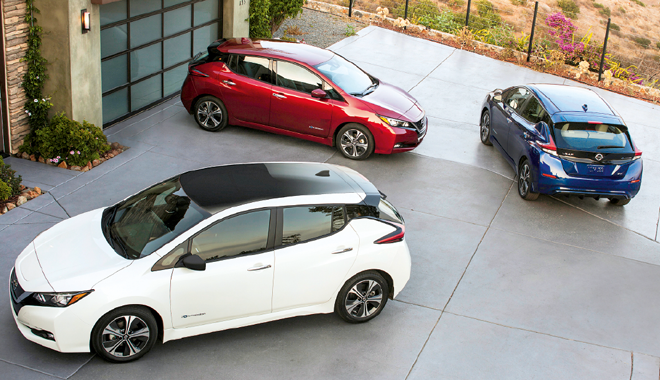
So much for the figures – now, what’s the story? There are several, and one of the happy ones is Tesla. You wouldn’t know it from reading the mainstream press, which is obsessed with the fact that Model 3 deliveries have fallen short of Tesla’s wildly overoptimistic forecasts, but Tesla set a new sales record in the fourth quarter of 2017.
Tesla reported in a press release (via Electrek): “In Q4, Tesla delivered 29,870 vehicles, of which 15,200 were Model S, 13,120 were Model X, and 1,550 were Model 3. This was once again our all-time best quarter for combined Model S and X deliveries, representing a 27% increase over Q4 2016, and a 9% increase over Q3 2017, our previous best quarter.
“In total, we exceeded our previously announced guidance by delivering 101,312 Model S and X vehicles in 2017. This was a 33% increase over 2016.”
These are global figures – according to InsideEVs’ estimates, US Model S and X sales grew by about 3% in 2017.
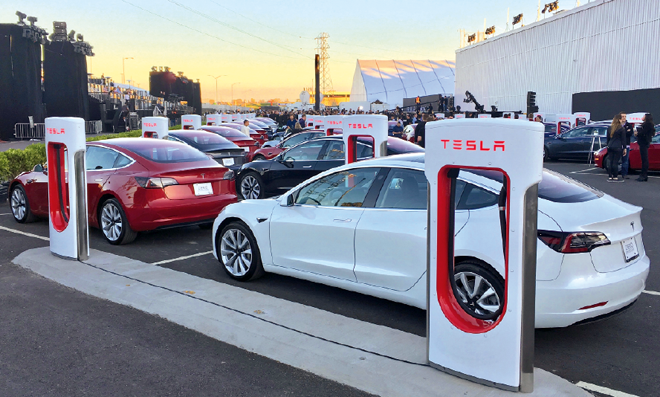
And (don’t tell the folks at Seeking Alpha, you’ll spoil their fun) there is also good news on Model 3 deliveries, which tripled in December. “During Q4, we made major progress addressing Model 3 production bottlenecks, with our production rate increasing significantly towards the end of the quarter,” says Tesla. “As we continue to focus on quality and efficiency rather than simply pushing for the highest possible volume in the shortest period of time, we expect to have a slightly more gradual ramp through Q1, likely ending the quarter at a weekly rate of about 2,500 Model 3 vehicles. We intend to achieve the 5,000 per week milestone by the end of Q2.”
The importance of an automaker meeting its projected sales numbers is debatable – most of us who follow Tesla long ago accepted the fact that its forecasts are aspirational rather than realistic, and some even argue that that’s a good thing. What is not in dispute is that Tesla’s deliveries, of all three vehicles, are steadily growing.
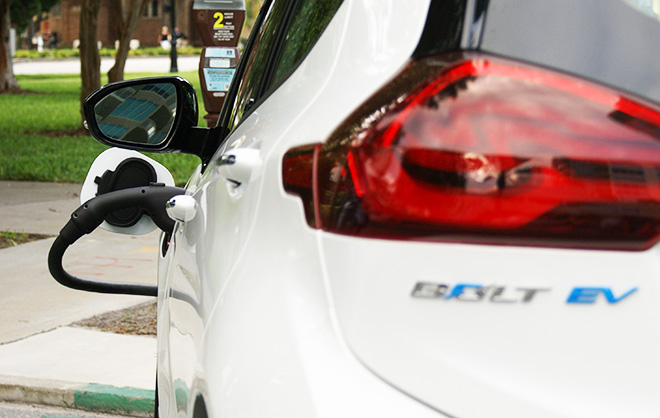
Another heartwarming Christmas tale is represented by the Chevy Bolt. The sales numbers alone make it clear that this is no compliance car. Even more suggestive is the fact that GM has been running a few national, mass-media ads, a historic first for any plug-in model. Reports in mid-2017 that the company planned a substantial increase in production seem to have been mere rumors, but there are several reasons to expect steadily growing Bolt sales in 2018.
Other interesting stories include BMW, which saw overall increases in November and December, even though sales of its groundbreaking i3 are stagnant; and Honda, whose Clarity BEV and PHEV each entered the market with very respectable sales.
Source: InsideEVs






































































